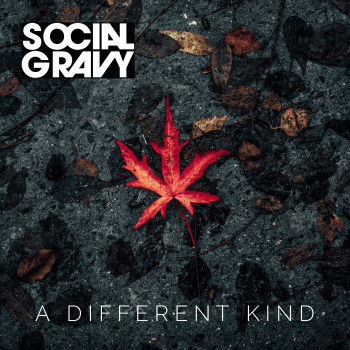La La La Review
- George
- Nov 13, 2023
- 2 min read
La La La by Fat Bottomed Boys is a cutting and acerbic take on modern fame, structured in a narrative about a musician who had one hit, then disappeared from the limelight. The track does a great job of deconstructing the ideals we put on pedestals such as superficial beauty and overwhelming attention.

The track opens with a comment on superficial beauty, describing an attractive person entering the music industry, punctuated with the lyric: “Why would you need anything else?” The song draws attention to an uncomfortable truth that is often the case in commercial music. The attitude that attractiveness is more important than music doesn’t only restrict many fantastic artists from getting heard but also undercuts successful and beautiful people’s great songs by commodifying them first and foremost on their looks. The theme is articulated in a way that doesn’t compromise the smooth execution of the instrumental.
The cadence of the vocals and the gentle, arpeggiated guitar playing remind me of Bob Dylan.
The chorus of the track also undresses a lot of the musical process. Distilling a hit to “la la la” feels reductive but honest. Following the lyric up with “you didn’t write it” speaks volumes of the corporate machine that can blow up artists that fit the zeitgeist. The chorus’ use of harmonies is also intelligent. They sing with a unity of expression that feels raw and honest, contrasting the superficiality of the themes discussed, such as beauty and fame.
The next verse is the most impactful, contextualizing our protagonist not as the problem but as an individual chewed up and spat out by a machine that values content over anything else. The verse explores the power of the tabloids to expose your private life and turn the attention you have against you.
The delivery in the verses feels more like spoken word, emphasising the emotion of the narrative foremost however, the thoughtful and languid pace of the instrumental matches the vocals nicely, giving each other enough room to breathe.
The one thing the track could have done more with was its focus on the power of the media and labels to make and break careers. A system that seeks vapid attributes is far more important than the individuals who can fulfill them. Our aging protagonist is a victim of an industry that doesn’t care about them. That could have been covered in more detail than it was in the second verse.
Overall, La La La is a compelling and uncompromising critique of modern music in the age of content and attention. Its execution is excellent and elevates its narrative storytelling to the next level.







Comments